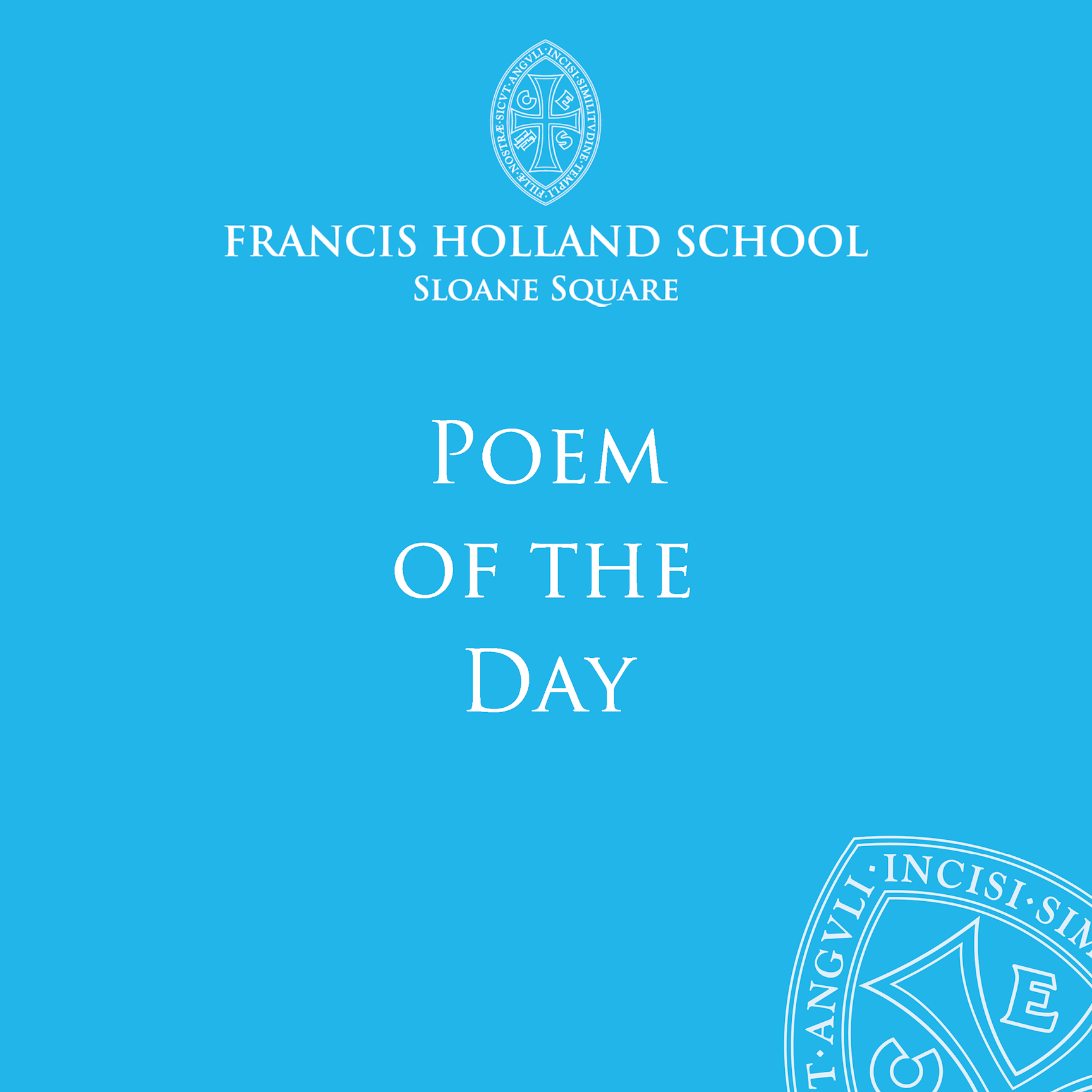Yes, I remember Adlestrop the name and the poem by Edward Thomas. Its another one I first read at school (thanks, Mr Meredith!) and I remember quite liking it. It had a quiet charm that even a teenage boy could appreciate. But that was all: no fireworks, no epiphany. Still, the name, Adlestrop anciently English lodged somewhere in my memory.
Returning to the poem years later as an English teacher, remembering the name but not much else about it, was a revelation. What a poem! A thing of transcendent wonder; a magic spell; a friend-for-life. It tells the slightest of anecdotes: a man on a train; the train stops at a quiet country station; he hears birds singing; er thats it. Yet it manages to convey something beautiful and profound about memory, nature, the modern industrialised world, and England in particular. Given the year of its composition (1916), some have even read it as an oblique anti-war poem: England, at any rate, seems eerily, poignantly deserted. (Edward Thomas himself was killed on the Western Front in 1917.)
One source of the poems power is Thomas use of names. Its always seemed to me that names have a special magic: no words come more laden with elusive meaning. The much-loved Shipping Forecast on Radio 4 a nightly litany of mysterious names (Rockall, Mallin, Dogger, Finisterre ) is testament to that. So too the speeches of Martin Luther King and Barak Obama, in which roll calls of American towns and states pack a patriotic punch. Here its not just the wonderful name of Adlestrop (a real Gloucestershire village, though the train station is long gone), but the names of English fauna that Thomas employs to potent, Shakespearean effect: willows, willow-herb, and grass, / And meadowsweet The poem ends with the spectacular image/sound of the lone blackbird being joined or seeming to be joined in song by all the birds / Of Oxfordshire and Gloucestershire. How serendipitous for Thomas that Adlestrop was located where it is, and not on the border of, say, Sussex and Kent: thus, the poem can end on two old county names whose half-rhyme and -shire endings make the perfect, peaceful ending for this poem of perfect, momentary late June peace.
Adlestrop
Yes. I remember Adlestrop
The name, because one afternoon
Of heat the express-train drew up there
Unwontedly. It was late June.
The steam hissed. Someone cleared his throat.
No one left and no one came
On the bare platform. What I saw
Was Adlestroponly the name
And willows, willow-herb, and grass,
And meadowsweet, and haycocks dry,
No whit less still and lonely fair
Than the high cloudlets in the sky.
And for that minute a blackbird sang
Close by, and round him, mistier,
Farther and farther, all the birds
Of Oxfordshire and Gloucestershire.
Edward Thomas














